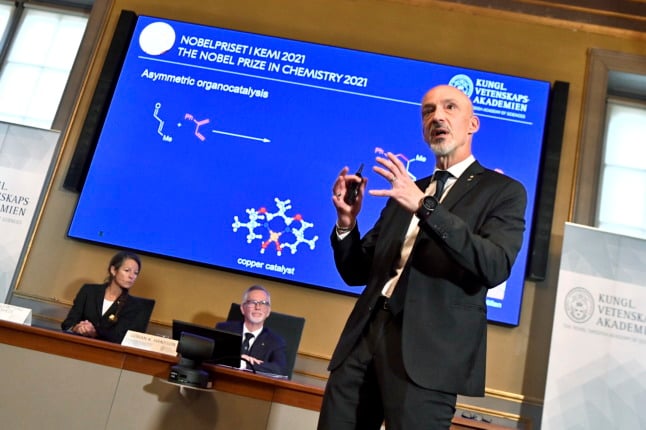Pledges to start hitting the gym, eating healthier, cutting down on cigarettes and making more time for family and friends are common toward the end of the year. But for many people, these resolutions never actually materialize.
“Our brain is trained to develop habits,” says psychoanalyst Hans-Werner Rückert based in Berlin.
New Year's resolutions more often than not require one to change up one’s daily routine. But if you really want to do this, Rückert says, you have to make a conscious effort.
Is it the same for everyone?
Not being able to keep a New Year's resolution is very human; people struggling with not being able to keep similar promises to themselves goes back in history. Aristotle even collected similar reports over 2,000 years ago.
“Studies show that only 30 percent of resolutions have a realistic chance of succeeding,” says health psychologist Sonia Lippke from Jacobs University in Bremen.
According to Lippke, the first batch of people who make resolutions start to give up only three weeks after New Years Eve. Six months after the new year has rung in, about half of the initial batch will have given up altogether.
But why is it so hard?
Many people don't concern themselves with the effect the resolutions can have on their lifestyle and thus do not prepare for the likely challenges, says Rückert.
“At the end of the year, a summary is drawn and one feels obligated to make a resolution,” psychologist Frank Wieber from the University of Konstanz adds.
“If you don’t really stand behind your resolution, you’ll fail,” says Wieber.
Why, then, do we keep making New Year's resolutions?
People generally like setting deadlines for themselves around new beginnings such as the turn of the year, birthdays or the beginning of the week, adds the psychologist.
“Google searches to quit smoking will go up on Monday (January 1st).”
Is there a strategy for keeping a resolution?
Firstly, Wieber says, we should set ourselves goals to be reached within a specific period of time. Secondly, we should imagine the best possible results these goals will bring. Thirdly, we should consider all the things which might deter us from attaining these results. By using this method, we would be preparing ourselves for obstacles that might come up.
In a recent study with people who wanted to eat less meat, Wieber and his colleagues found that participants who used this method found it easier to put their goal into practice than the participants who hadn’t used it.
Are there any other tips for success?
The best way to achieve your goals is to write them down on a piece of paper, says the psychoanalyst Rückert.
“It is neurologically proven that the brain activates more areas when you write by hand than when you type (e.g. on a mobile phone). This creates a more complex construct.”
Flexibility moreover increases the chances of success when it comes to New Year's resolutions, says psychologist Lippke, who has been researching behavioural changes in humans for 20 years.
If snow for instance is covering the streets outside and you want to go jogging, as an alternative you can visit the local swimming pool or use an exercise bike indoors.
If you aren’t flexible, that inner voice inside your head telling you not to exercise “will put a spoke in your wheel,” says Lippke.



 Please whitelist us to continue reading.
Please whitelist us to continue reading.